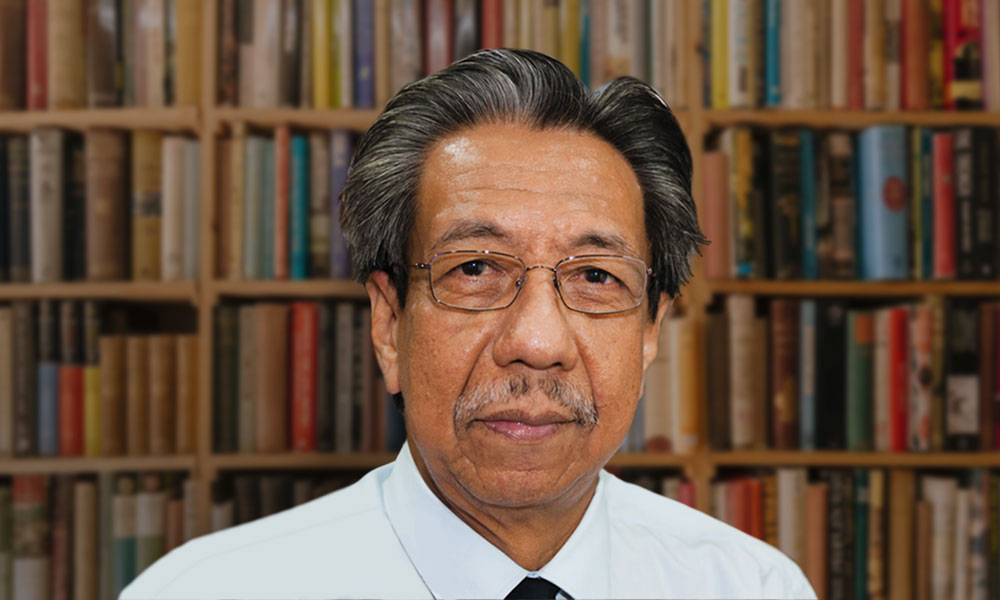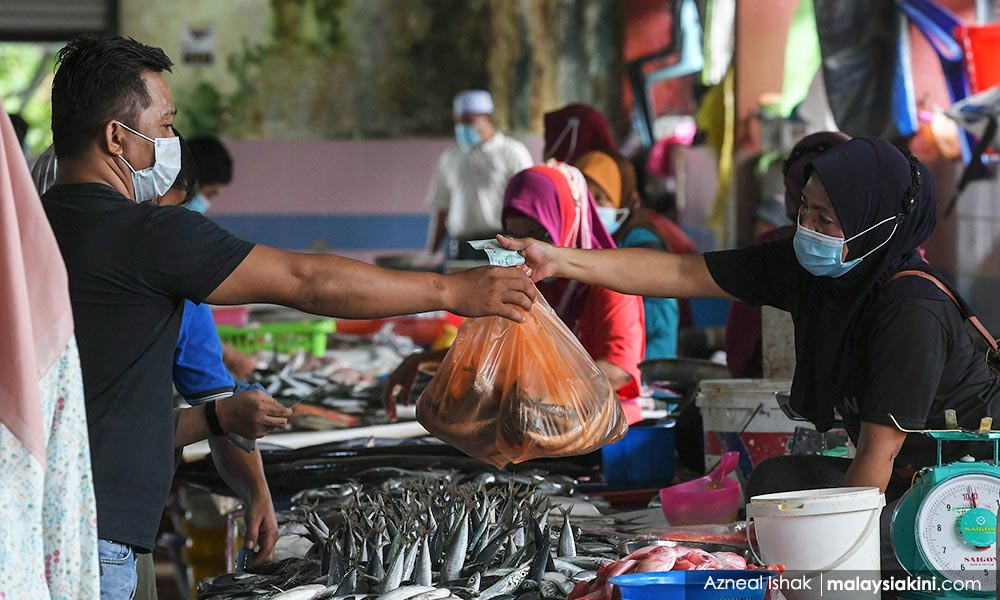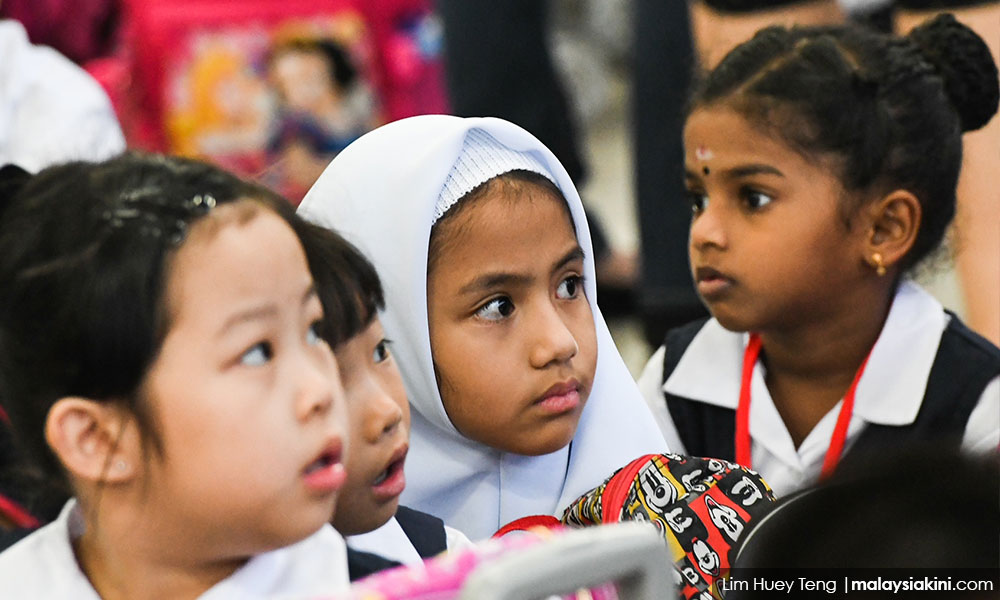“Perhaps home is not a place but simply an irrevocable condition.”
- James Baldwin, in his 1956 novel Giovanni’s Room
For the record, while I am not a supporter of vernacular schools, I have always understood the need for them.
Also, I have never understood the need for religious schools, religious classes and any other forms of formalised cultural outlets, believing that this is the sole province of parents and not the state or any kind of formal or informal groupings.
Education beyond what is taught in the syllabus is also about internalisation.
What are the ideas that kids are internalising in public schools when our history books are compromised, the civil service racialised, politicians routinely demonise other ethnic groups, religious operatives demonise other religions and quota systems as well as the non-existent social contract determine educational advancement in rakyat-funded education establishments?

Meanwhile, what are students in vernacular schools internalising, when they understand from a young age that by virtue of their minority status, everything in this country funded by their parents’ tax-paying ringgit is not open to them because of the non-existent social contract, their cultural identity is their refuge and that the majority community envies their economic influence?
For example, what do you think the parents, teachers and kids of a Tamil vernacular school think about how the government is handling cases of unilateral conversion? Do you think teaching exists in a vacuum? Do you think kids don’t mimic the behaviour of their teachers and parents?
Fellow in the National Professors Council Teo Kok Seong said this - “They refuse to integrate. They will only learn the basic (Malay language) to pass examinations, but object when asked to do more”.

This is complete horse manure. All Malaysians communicate in basic Malay every single day. We communicate in Bahasa Malaysia, not due to patriotic impulse but rather because this is the language that cuts through class and race.
Indeed, non-Malays use the language among themselves more often than they use English, especially when interacting with people from different backgrounds and education levels where mother tongues and English are just not utilitarian.
Indeed, it is the default language among non-Malays for mundane everyday activities. This myth that non-Malays use English as some lingua franca is complete horse manure.

And let us not forget that when it comes to interactions with the bureaucracy, non-Malays of course have to use Bahasa Malaysia. Moreover, like the Malays with their regional patois, this pidgin Malay is not a perfect articulation of the language but, so what?
Vernacular schools also serve Malays
And really Teo, vernacular schools (despite what I may think of them) also serve the Malay community, especially in rural or semi-rural areas. Take this news report for instance.
From reportage, for small national-type Chinese schools in rural areas, it is common for the number of Malay students to exceed that of Chinese students. SJKC Ton Fah in Beranang, Hulu Langat, is no exception.
The situation is complex and should not be reduced to simplistic arguments of integration or assimilation, which brings me to DAP MP Teresa Kok.
Teresa said, “In a multiracial atmosphere in Chinese primary schools, how can Chinese students look down on and insult Malays?”
This is nonsensical because kids can be vicious and depending on the kind of socialisation they receive, never grow out of their juvenile thinking, which is ably demonstrated on social media when they are adults.

This is not about multiculturalism, this is about human behaviour and what kids learn from their teachers and parents.
Anecdotally speaking, Malay and Indian parents who send their children to Chinese vernacular schools, do so because of their belief that a foundation of vernacular school education for their kids is a better prospect than what they would get from failing (especially in lower economic areas) national schools.
More importantly, they want their kids to understand the mindset of the people they are going to be in economic competition with. This is especially so in urban areas.
As one Indian Mandarin-speaking parent related to me, she always wants to see the response from companies who want “Mandarin speakers” but gets flustered when she shows up. She and her husband want their children to be prepared for this kind of treatment.
Keep race out of education
I know this is not the kind of muhibah fairy tale people want to hear but this is the reality of race relations in Malaysia.
Remember when Prime Minister Anwar Ibrahim berated that young student because she wanted to be treated fairly? What do you think this does to a young person? How do you think this affects how they view their fellow citizens?
This is why people like me want people like Teresa and Teo to work to keep race and religion out of the public education system. Mind you, when young children of different ethnicities meet, they are going to bring along the baggage of their parents.
Getting an education with kids from different ethnic and socioeconomic backgrounds is not a politically correct experience.

However, an egalitarian education system and diligent committed teachers can ameliorate the prejudice that children are taught at home whether because of religious values, cultural values or they have numbskulls for parents.
The state of our public schools is the way it is because of the way democracy is practised in this country. Take something like local elections for instance. Refer to Kua Kia Soong’s comment in 2018.
He wrote - “Few Malaysians have noticed, for example, that the all-important role of local education authorities in the Education Act 1961 is no longer mentioned in the Education Act 1996.
“Local education authorities serve to allocate funds and other facilities to needy sectors, and can serve to dissipate politicisation of education.”
But nobody cares about this. Why? Because when it comes to racial politics, political operatives, even those who claim to have a multi-racial agenda, want to point to issues they can champion for their community.
Rational people understand that Teresa and Teo are presenting non-Malays with a false choice. This is not about assimilation or integration.
This is about how neither desires a secular and egalitarian framework for Malaysians to resolve their problems.
Maybe it is not denial but perfidy. - Mkini
S THAYAPARAN is Commander (Rtd) of the Royal Malaysian Navy. Fīat jūstitia ruat cælum - “Let justice be done though the heavens fall.”
The views expressed here are those of the author/contributor and do not necessarily represent the views of MMKtT




No comments:
Post a Comment
Note: Only a member of this blog may post a comment.